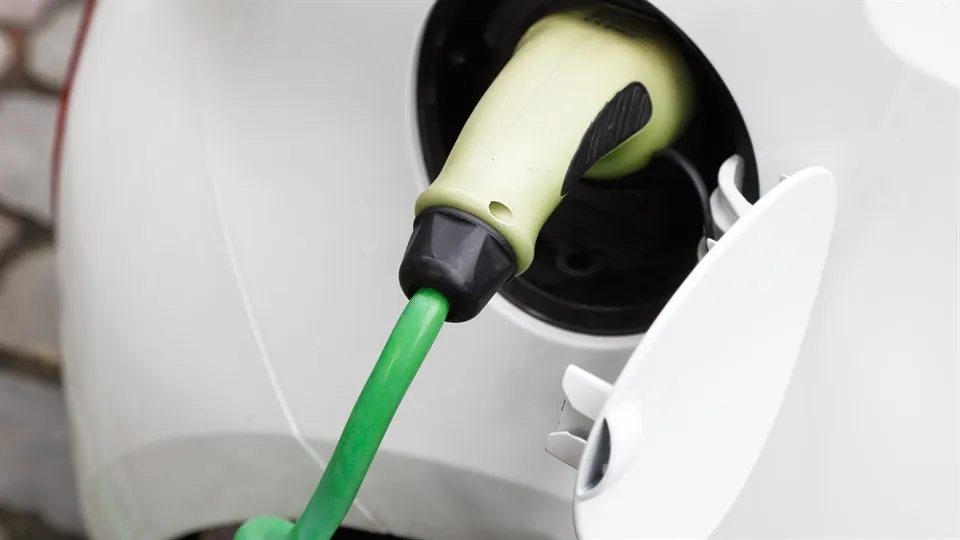Sustainable transport solutions
Transport by car and air is common in connection with sport and outdoor recreation. We are therefore exploring new ways of working, tools and methods to support the integration of transport and the physical environment in planning for sustainable outdoor recreation.
The opportunities for everyday physical activity and to be close to recreation, relaxation and exercise are becoming increasingly important for well-being and public health in general. But many are, or feel, dependent on private cars or flights to practise sport and outdoor recreation. It can be anything, from making the everyday puzzle work – with sports activities requiring a car in order to have the time – to a ski trip with a lot of packing or an event that is arranged in a place with limited transport options.
To reduce carbon dioxide emissions, we need to find sustainable solutions and alternatives in these contexts.
Sustainable travel in the municipalities
Transport accounts for about a third of all carbon dioxide emissions, and society has so far not given much consideration to this issue when it comes to sport and outdoor recreation but rather seen travel as an inevitable part of an important economic activity in the form of tourism and events.
The big question is how we can remain active, while at the same time reducing and making transport more sustainable. In how many municipalities is it feasible to combine, for example, walking in the forest with public transport? Or taking your bike on the train?
Environmentally friendly options are crucial
The way we plan our cities and communities greatly impacts people’s ability to reach recreational places and practise different kinds of leisure activities. Being able to get to your sports activity or a weekend excursion in an environmentally friendly way is crucial from a sustainability perspective.
Questioning this and coming up with new ideas allows us to explore together new ways of working, tools and methods to support the integration of transport and the physical environment when planning for sustainable outdoor recreation. We will have the opportunity to study sustainable mobility in different types of places, with varying profiles and needs, which require different and innovative solutions.
An equality perspective
We want to stimulate collaboration between research and different actors at national, regional and local level on more environmentally friendly solutions for sport and outdoor recreation. We also have an interest in studying transport and accessibility from an equality and gender perspective so that groups with less resources, or less experience and knowledge feel included in outdoor recreation and sport.
